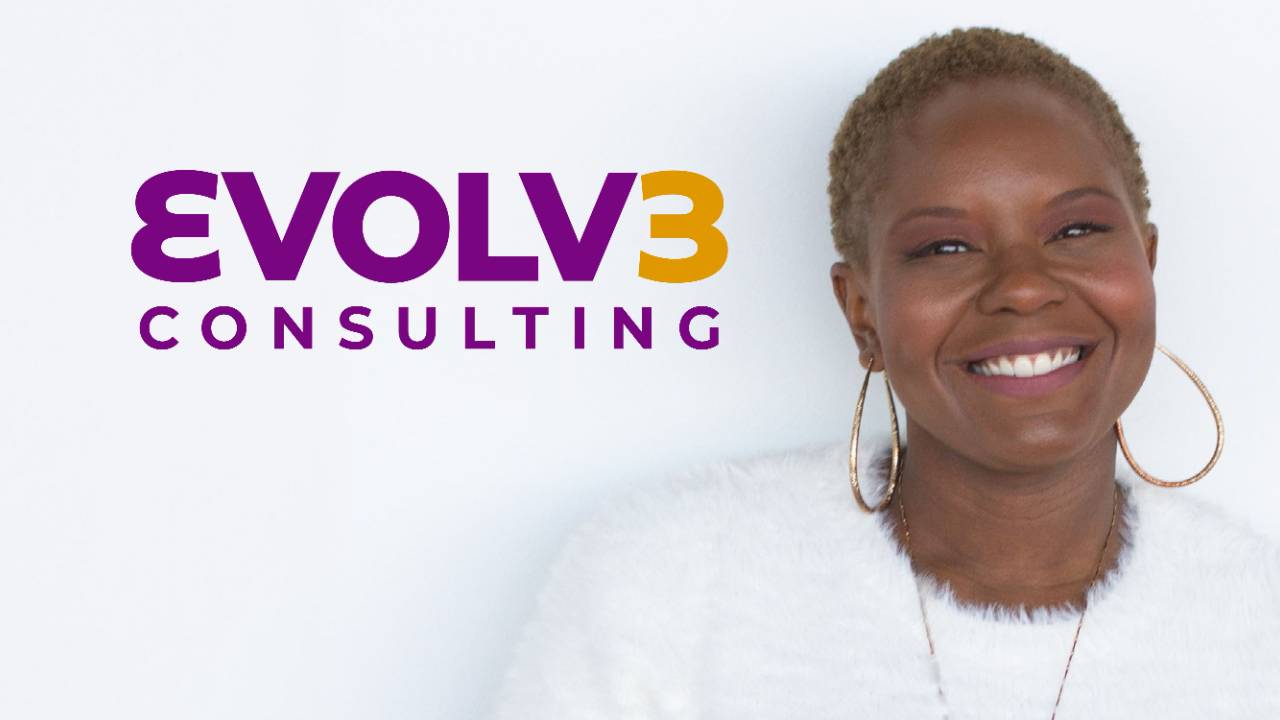Empathy Isn’t Soft: Leading with Courage, Clarity, and Connection

4-minute read | Read post in browser
Ever worked for someone who just didn’t get you? Or maybe you’ve been that leader – focused on performance but missing the person. In today’s workplace, empathy isn’t a soft skill, it’s a strategic one.
Why Empathy Matters More Than Ever
After years of collective disruption – a global pandemic, shifting work norms, societal recalibrations – people are showing up with more on their plates than ever. The best leaders know empathy isn’t about coddling, it’s about connecting. It's a recognition that real leadership happens when people feel seen.
Empathy impacts how teams:
- Navigate conflict
- Stay engaged
- Handle change
- Build trust
What Happens When It’s Missing
When empathy is absent, performance doesn’t always suffer immediately. But engagement erodes. Communication falters. And retention becomes a hidden cost.
This shows up in subtle ways:
- A high performer stops contributing in meetings
- A team lead avoids giving feedback
- A conflict simmers instead of being addressed
Often, it isn’t because leaders don’t care. It’s because they’re navigating their own stress. And without intentional reflection, their emotional bandwidth narrows, which limits how they lead.
How You Handle Emotion Shapes How You Lead
Some leaders wear their hearts on their sleeves. Others prefer to stay steady and composed, even when things get messy.
Neither is right or wrong. But both impact how you connect with your team and how your team experiences you.
In Birkman terms, this is called your Emotional Energy score. It’s not about whether you have emotions (you do). It’s about how comfortable you are expressing them, and how much emotion you expect from others in return.
Here’s what that might look like in practice:
- More expressive leaders are warm, intuitive, and quick to relate, but can feel overwhelmed if emotions aren’t reciprocated.
- More practical leaders are composed, solution-focused, and clear-headed, but may miss emotional cues or seem distant.
- Situational leaders flex between the two, often showing up differently at work than at home.
None of these are “better.” But awareness gives you choice, and empathy gives you reach.
WANT TO GO DEEPER?
If you haven’t taken the Birkman assessment and want to understand your Emotional Energy score, you can request your personalized Birkman Signature Report, plus a 1-hour debrief with me to unpack your results and apply them to your leadership.
Your Needs Drive Your Best Self
Let’s take it one level deeper. Knowing how your Emotional Energy shows up is only half the story. The other half? What you need to stay in your best self.
Because when needs go unmet, stress behavior shows up.
Let’s say you’re highly practical:
- You may need logical solutions and time to process before responding.
- If those needs aren’t met, you may detach, avoid emotional topics, or feel stuck.
Or maybe you’re highly expressive:
- You may need outlets to process emotion, to be heard and understood.
- When that doesn’t happen, you may feel discouraged or overwhelmed.
Awareness = the ability to name what you need.
Empathy = the courage to consider what others might need, too.





